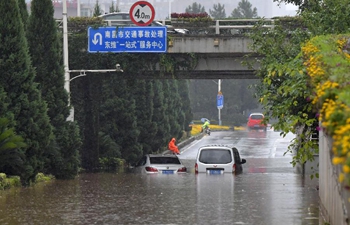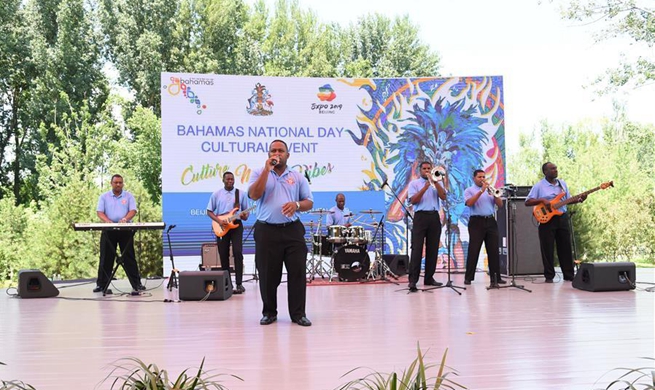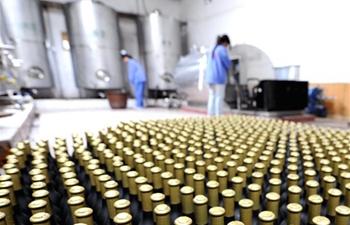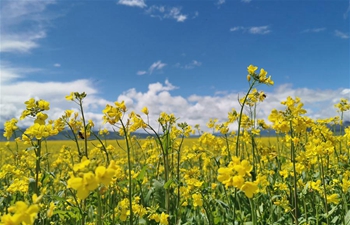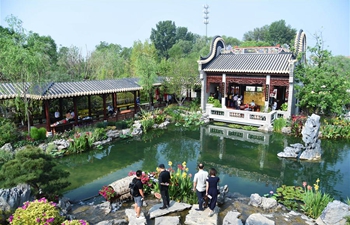TOKYO, July 14 (Xinhua) -- Japan has officially resumed commercial whaling starting from July, a controversial move that has sparked international criticism and skepticism of its intension.
This was the first time Japan has resumed commercial whaling in 31 years. The country insisted on whaling, claiming that Japan has a traditional culture of hunting and eating whale meat.
However, researches have shown that whale meat is no longer popular in Japan. Some in the business even complain that is a difficulty of selling inventory for years.
Some analysts believe that Japan's resumption of whaling is partly an attempt by Japanese politicians to curry favor with fishing constituencies for political gain.
The consumption of whale meat has greatly changed in Japan over the past few decades. According to local media, whale meat constitutes less than 0.1 percent of the meat in Japanese people's diet, down from about 50 percent when World War II just ended.
Japan's annual consumption of whale meat stands at only 3,000 tons, one-eightieth of the 233,000 tons it consumed in 1962, according to local media.
In late 2017, Japan Whaling Commission conducted a survey of 1,200 men and women between the ages of 10 and 60 across the country. The results showed that although 64 percent of the respondents had tasted whale meat, most had not eaten it in the last five years. Meanwhile, 70 percent of the female respondents aged 10 to 30 said they do not know whale meat is edible.
People in the whaling industry "do not know what the meat will sell for or how much whaling will cost," said President of Japan Small-Type Whaling Association Yoshihumi Kai when talking about difficulties in the industry.
Japan's move to resume commercial whaling has drawn strong international condemnation. Australian Foreign Minister Marise Payne and former Environment Minister Melissa Price on July 2 expressed deep disappointment at Japan's resumption of commercial whaling, saying the Australian government continues to oppose all forms of commercial whaling and so-called research whaling.
Animal rights groups had held a demonstration in Britain, where the International Whaling Commission (IWC) is based, demanding Japan stop whaling or they will boycott the Tokyo Olympics.
The IWC halted commercial whaling in 1982 and adopted a global moratorium in 1986, which bans commercial whaling but allows scientific whaling.
Last year, Japan immediately announced its withdrawal from the IWC after its proposal to resume commercial whaling on the grounds that populations such as minke whales were recovering was rejected by the commission.
In an interview with local media, Japanese scholar Junko Sakuma pointed out that Japan's unwillingness to stop whaling is largely related to politics.
The scholar said Japan's whaling industry is run by the government with research budgets, annual plans, job promotions and pension plans, and the people engaged in agriculture, forestry, fishing and animal husbandry are an important voting base of the ruling Liberal Democratic Party.
Japan formally withdrew from the IWC on June 30 and lifted its ban on commercial whaling on July 1, less than a month ahead of the Upper House election due on July 21.
"It's not the whaling season. The heavy fog that comes up along the coast of Hokkaido in July isn't good for whaling," Kai said.




